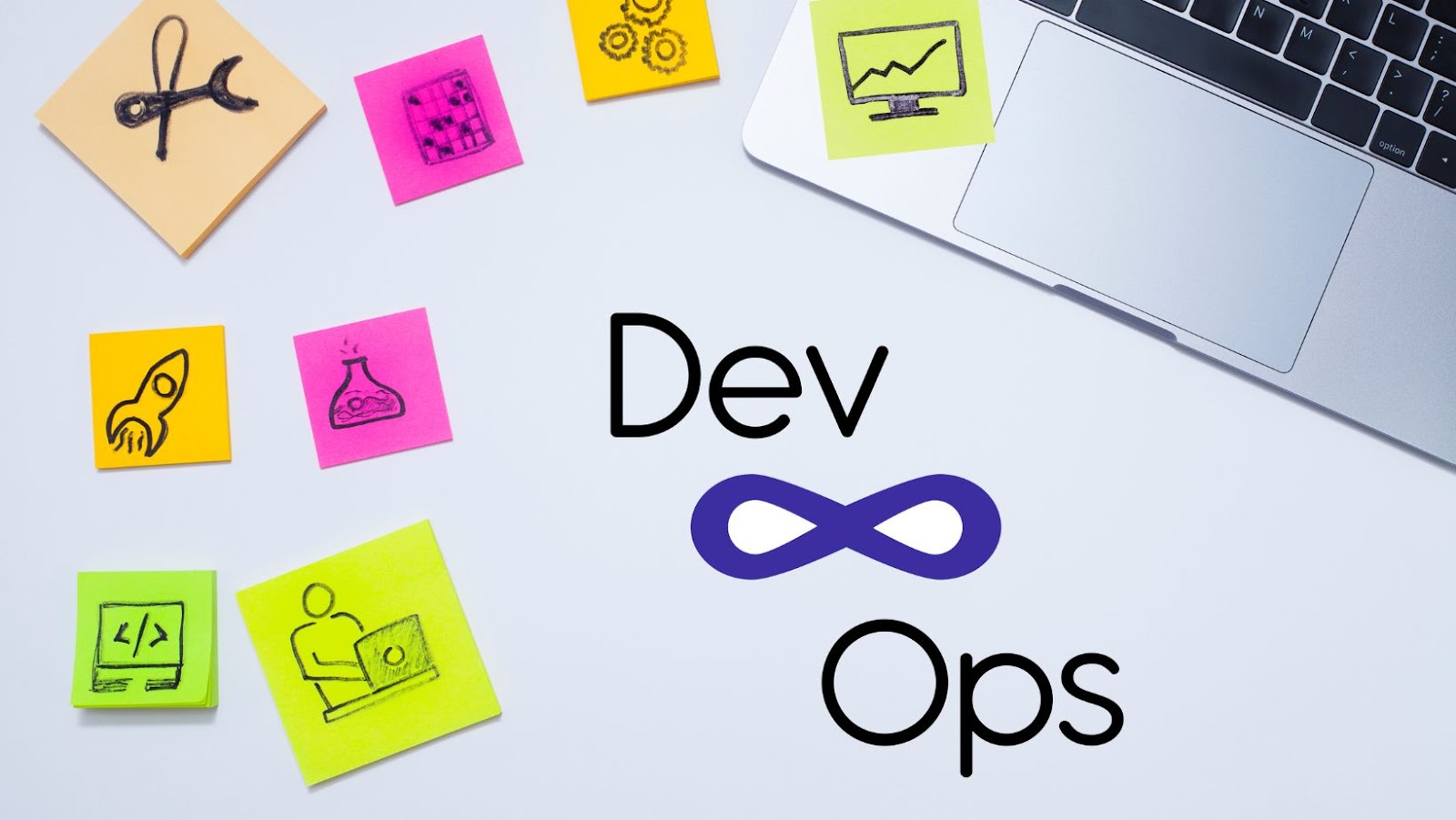
DevOps is a practice that has been gaining traction in the software development industry. It is an approach to software development that focuses on collaboration between developers, operations teams, and other stakeholders. The goal of DevOps is to create a more efficient and agile process for developing and deploying software.
In recent years, many leading industry players have adopted DevOps practices. These companies have shared their experiences and lessons learned with the community, providing valuable insight into how to successfully implement DevOps. In this blog post, we will explore some of these lessons learned from leading industry players.
What is DevOps?
DevOps is a set of practices that emphasize collaboration between developers and operations teams. It seeks to improve the speed and efficiency of software development by automating processes such as testing, deployment, and monitoring. By streamlining these processes, organizations can reduce time-to-market for new features and products while also improving quality control.
Benefits of Implementing DevOps Practices
There are numerous benefits to implementing DevOps practices in your organization. Here are some of the most common benefits:
- Increased agility: By automating processes such as testing and deployment, organizations can quickly respond to customer feedback or market changes without having to go through lengthy manual processes.
- Time to market: Specially curated DevOps software distribution systems such as JFrog can help reduce the time it takes to get applications into production. This can be especially important for businesses that need to quickly iterate on new features and functionality.

- Improved quality control: Automated testing helps ensure that code is compliant with standards before it goes into production. This reduces the risk of bugs or unexpected behavior in production environments.
- Reduced costs: Automation helps reduce labor costs associated with manual processes such as testing or deployment. Additionally, automation can help reduce operational costs associated with running applications in production environments.
Lessons Learned from Leading Industry Players
Many leading industry players have shared their experiences implementing DevOps practices within their organizations. Here are some key lessons learned from these companies:
- All major transitions take much longer than expected – be patient and look for steady progress when transitioning your organization to a DevOps model; it may take longer than expected, but you should be able to see steady progress over time if done correctly.
- Rethink traditional roles – successful transformations often involve rethinking traditional roles within an organization; breaking down barriers between teams and departments can help facilitate better collaboration between stakeholders, which leads to improved outcomes overall.
- Tone matters – how you ask questions can be just as important as what you ask; make sure your tone conveys respect when communicating with colleagues during any transition process, as this will help foster better relationships going forward.
- Embrace a culture of continuous improvement – DevOps is not just about tools and technology; it’s also about culture. Leading industry players have embraced a culture of continuous improvement, which encourages experimentation, learning, and iteration. This culture helps organizations to constantly improve their software development process and deliver better software faster.
- Communication is key – make sure everyone involved understands what needs to be done and how it should be done before starting any project or task related to DevOps implementation.

- Automation plays an important role – automate as many tasks as possible so you can focus on more important tasks such as monitoring performance or improving customer experience instead of spending time on mundane tasks like setting up servers or configuring databases manually every time you need them for a new project or feature release.
- Keep an eye on quality – DevOps is not just about speed and flexibility; it’s also about quality. While improving speed, you must keep an eye on the quality of the software being produced. It’s easy to get carried away with new processes and tools without giving much thought to how they will affect the overall quality of your software.
- Sometimes, it’s more about how the client felt than how amazing the delivery was – make sure your team focuses on delivering value rather than just meeting deadlines when working on projects related to DevOps implementation.
Conclusion
DevOps has become an increasingly popular practice among leading industry players due to its ability to improve agility while reducing costs associated with manual processes such as testing or deployment. Organizations should consider adopting DevOps practices if they want to stay competitive in today’s rapidly changing marketplace.
However, it’s important for organizations to remember that all major transitions take much longer than expected, so patience is key when transitioning your organization. Additionally, rethinking traditional roles within an organization, paying attention to tone when communicating, and using platforms like JFrog for secure software distribution are all important steps toward successful implementation.







